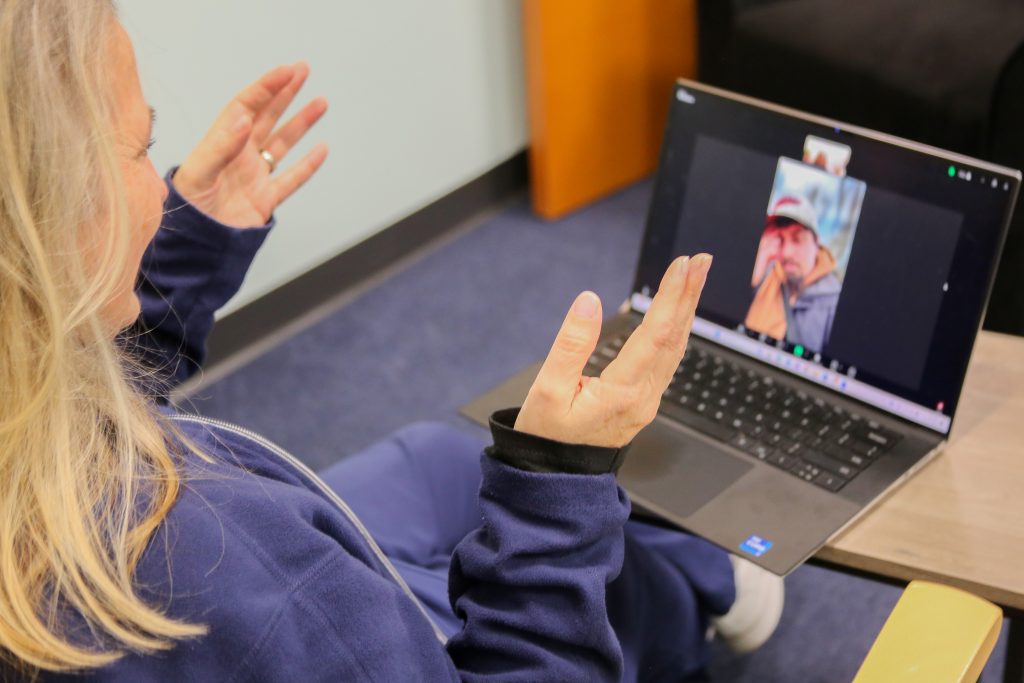As temporary COVID-era telehealth flexibilities approach expiration in fall 2025, federal lawmakers are debating how to shape the future of Medicare telehealth coverage. The Center for Connected Health Policy (CCHP) is tracking 20 bills that could change how telehealth is reimbursed under Medicare. Two of the most comprehensive proposals are the CONNECT for Health Act of 2025 (HR 4206/S 1261) and the Telehealth Coverage Act of 2025 (HR 2263).
Here’s a breakdown from CCHP on how these two bills could change Medicare telehealth policy, and what’s at stake for providers and patients.
Geographic Restrictions
Under permanent Medicare law, starting October 1, 2025, telehealth will only be covered in rural areas. The CONNECT Act would remove this restriction and exempt Indian health care facilities. The Telehealth Coverage Act also removes this restriction for all sites, starting from the COVID emergency period.
Originating Site Requirements
Without legislative change, Medicare will only pay for telehealth if the patient is at a qualifying facility, not at home. The CONNECT Act and Telehealth Coverage Act would make any U.S. location (including a patient’s home) permanently eligible.
Eligible Provider Types
Some providers like physical and occupational therapists would lose telehealth billing privileges in October. The CONNECT Act would allow the Health and Human Services Secretary to expand eligible provider types while the Telehealth Coverage Act would permanently include physical therapists, occupational therapists, speech-language pathologists, and audiologists to serve as distant site providers for Medicare telehealth.
Mental Health & Other Exceptions
Medicare currently allows telehealth mental health visits from home if the patient establishes an in-person visit within six months of the initial telehealth appointment and at least every 12 months thereafter. If both the provider and patient agree that an in-person visit could do more harm than good, the requirement can be waived.
The CONNECT Act would keep service exceptions for mental health for substance use disorder treatment, monthly ESRD-related visits, and acute stroke care, and eliminate the in-person visit requirement for mental health service. The Telehealth Coverage Act would remove the need for any exceptions by eliminating site/geography limits entirely.
Audio-Only Telehealth
Medicare coverage for audio-only services that is tied to COVID-19-era flexibilities will expire at the end of September. The Telehealth Coverage Act would make audio-only coverage permanent while the CONNECT Act does not address audio-only telehealth.
FQHCs and RHCs
Currently, Federally Qualified Health Centers (FQHCs) and Rural Health Clinics (RHCs) are only allowed to provide telehealth under temporary waivers that expire at the end of September. Both the CONNECT Act and Telehealth Coverage Act would permanently authorize telehealth for these clinics, but only the Connect Act outlines a payment structure.
Hospice Recertification
Telehealth for hospice recertification is temporarily allowed. The CONNECT Act makes this permanent and requires oversight review while the Telehealth Coverage Act would make it permanent with guardrails for compliance.
Hospital-at-Home
This program is not currently included in permanent Medicare law and will end when the emergency authority ends. The Telehealth Coverage Act would make the Hospital-at-Home waiver program permanent while the CONNECT Act does not address it.
A Snapshot of What Else Is Included:
CONNECT Act Highlights:
- Requires CMS to track and publish telehealth use data.
- Calls for new provider training and educational resources.
- Creates safeguards for identifying improper billing.
- Prioritizes digital access for those with limited English proficiency.
- Codifies emergency waiver authority for telehealth.
Telehealth Coverage Act Highlights:
- Expands the Medicare Diabetes Prevention Program to virtual formats.
- Permanently allows in-home cardiopulmonary rehab via telehealth.
- Requires outreach on movement disorder screening in mental health care.
- Includes accessibility improvements for digital tools and patient portals.
Congress has several options on the table to shape the future of Medicare telehealth, from narrow fixes to sweeping reforms. As the September 2025 deadline approaches, lawmakers may choose to attach telehealth provisions to broader legislation, as they’ve done before.
For the latest updates on all active bills, visit CCHP’s Pending Legislation Tracker.


